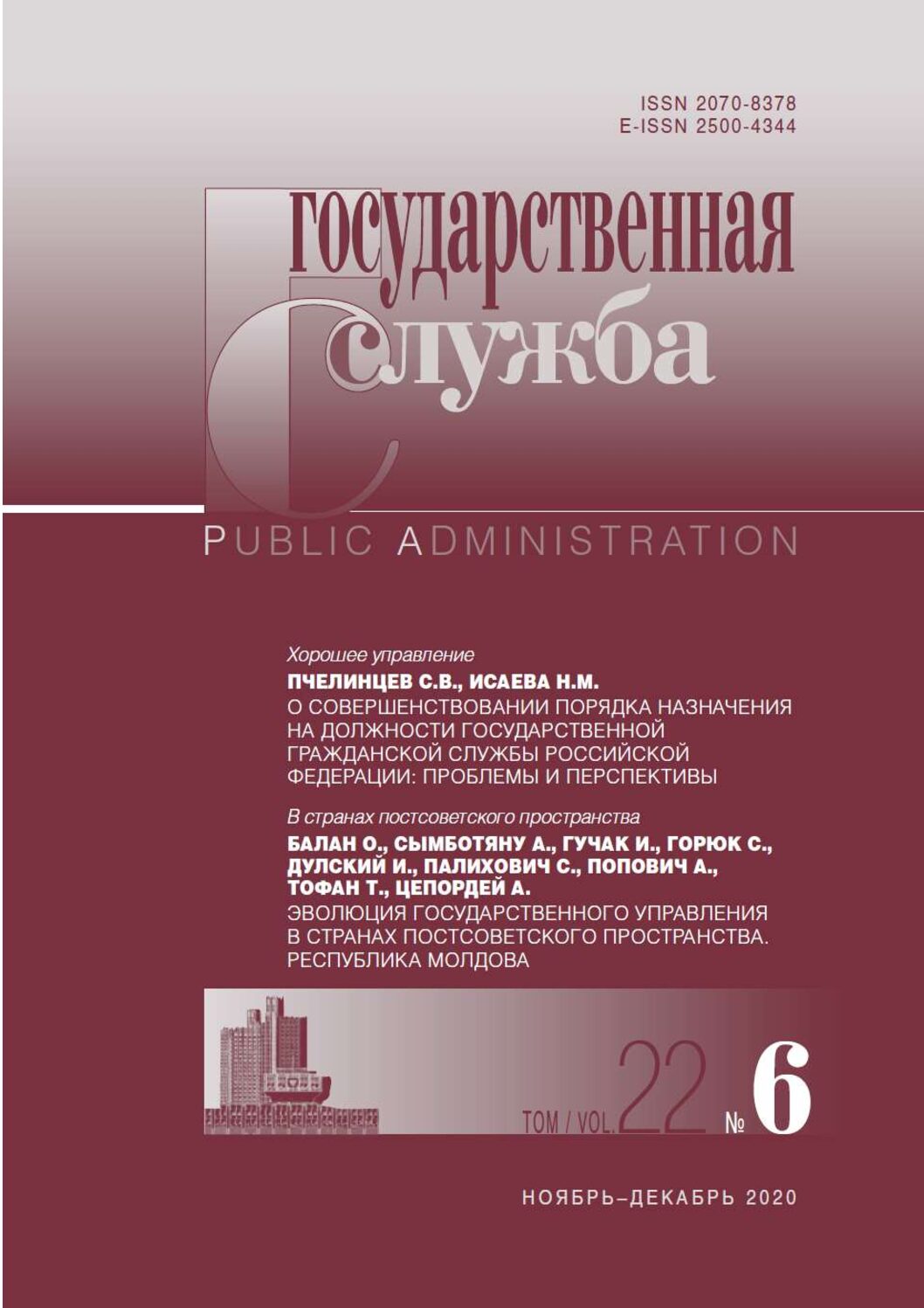Recommended link to article:
NADEZHDA MIKHAILOVNA SLADKOVAа
ANDREY ALEXANDROVICH STEPANENKOа
OLGA ALEKSANDROVNA ILCHENKOа
VITALY ANATOLYEVICH SHAPOSHNIKOVа
аFSBI “All-Russian Scientific-Research Institute of Labor” of the Ministry of Labor and Social Protection of the Russian Federation
DOI: 10.22394/2070-8378-2020-22-6-46-56
Abstract:
The article describes the approaches to the formation of the digital competence model, adopted as the basis for the G20 in 2016, and determine the place and role of qualification requirements for civil servants regarding information security. The paper argues for the need to develop a unified toolkit for assessing the level of preparedness of state civil servants in the field of information security.
Keywords:
information security, civil service, qualification requirements, information security competencies, digital competency model, assessment of civil servants
Received:
September 7, 2020
References:
Вaimuratova L.R., Dolgova O.A., Imaeva G.R. et al. Digital literacy for the economy of the future. Moscow: NAFI Publishing house, 2018.
Vasilyeva E.V., Pulyaeva V.N., Yudina V.A. Development of digital competencies of state civil servants of the Russian Federation. Biznes-informatika. 2018. No. 4 (46). P. 28–42.
Digital skills and competence, digital and online learning. European Foundation for education, Turin, 2019. https://www.etf.europa. eu/sites/default/files/2019-08/dsc_and_dol_ru_0.pdf
Digital Transformation – A Framework for ICT Literacy. A Report of the International ICT Literacy Panel. Educational Testing Service, 2002. https://www.ets.org/Media/Research/pdf/ICTREPORT. pdf
Skills in the digital economy – Where Canada stands and the way forward. The Information and Communications Technology Council, 2016. https://www.ictc-ctic.ca/wp-content/ uploads/2016/05/Skills-in-the-Digital-Economy-Where-Canada-Stands-and-the-Way-Forward-.pdf
Articles in Open Access mode are published under the Creative Commons Attribution 4.0 International (CC BY) license.

